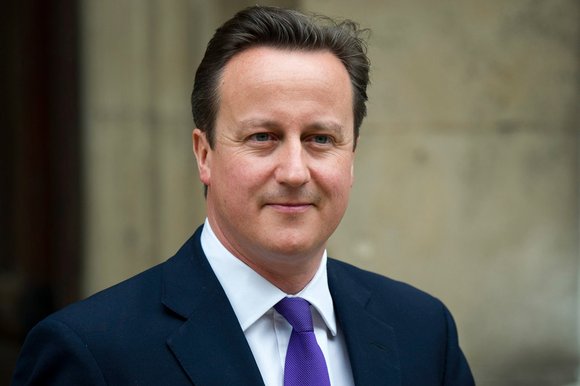In the wake of the recent terrorist attacks in France, the leaders of the United States and Britain, President Obama and Prime Minister David Cameron, were quick to respond.
In a joint op-ed originally published in the London Times, both leaders clarified their commitment to not letting the fear of terrorism influence policy. Calling the world’s response to the Paris attacks one of singular voice, they wrote that “Along with our French allies, we have made clear to those who think they can muzzle freedom of speech and expression with violence that our voices will only grow louder.”
The editorial seemed to be a clear-cut indication that the leaders of the free world’s two most influential countries would respond to terrorist threats by keeping true to their beliefs in the importance of personal freedoms.
Their actions soon after suggested otherwise.
Following statements from Cameron implying that the government should be able to monitor all online messaging, President Obama added his support saying that police and spies should not be locked out of encrypted smartphones and messaging apps. Their justification for this policy follows the logic that, for free societies to be safe, the government must prevent the wide use of technologies that make secret messages possible. The risk of misuse by terrorists is too high.

This stance on encryption sets up a blatant contradiction with the leaders’ earlier statements regarding how the world will respond to the threat of terrorism. While their earlier publication said defending our “freedom of expression” was an integral part of promoting society’s security and prosperity, these new policy recommendations will instead suppress communication between ordinary citizens.
The problem with this policy is that it’s already well known that the knowledge of being monitored changes how people act. In a post-Snowden world where citizens are acutely aware of how deeply their governments monitor communications, removing access to freely available methods for encrypted messaging could have drastic negative effects on our society.
Of course, these consequences are no secret. In the days since Obama and Cameron’s statements on encryption there has been a widespread backlash.
This discussion is nothing new. In an editorial from December 2014, The Guardian argued that freedom of speech on the internet was “under attack around the world.” While their focus was on the actions of traditionally oppressive regimes such as Russia, China, and Syria, their argument that “(t)he struggle for freedom from repression online is in the end just a part of the wider struggle for freedom offline” is applicable to all governments.
It’s great that the commentators in the media have stepped up to support freedom of speech. But why don’t they have a similar response when arguments are made against Bitcoin based on the idea that it could potentially help terrorism?
Why is it valid to defend the greater good made possible by freedom of speech, but not the greater good made possible by freedom of trade?
To many, the ideas are already inseparable. In Obama and Cameron’s own statement linked at the beginning of this article, they say that the “ability to defend our freedoms is rooted in our economic strength.” And the U.S. Supreme Court’s decision in Citizens United already laid out that spending money is a form of speech.

However, we currently operate in a global economy where financial “freedom of speech” is extremely limited. If you want to transfer money to someone that isn’t in the same room as you, there has to be a financial intermediary. This inefficiency limits economic activity and alters our decision making in the same manner that the knowledge of surveillance alters the everyday communications of a nation’s citizens.
By allowing for global, near-instant, transactions free from the inefficiencies of middlemen, Bitcoin can provide a boon to the global economy by ensuring financial freedom of speech. But to reap these benefits, the privacy of its system must be defended from government interference with the same passion that people usually hold for freedom of speech.
Terrorism is not an issue to be taken lightly and the recent events in France are an indisputable tragedy. Nonetheless using them to justify infringing on the freedoms of ordinary citizens is equally reprehensible. The hatred and violence of these attacks should instead be used as an example of the evils that can be produced by a society that is closed-minded and apprehensive towards freedom of expression verbally, financially, or otherwise.
Did you enjoy this article? You may also be interested in reading these ones:
